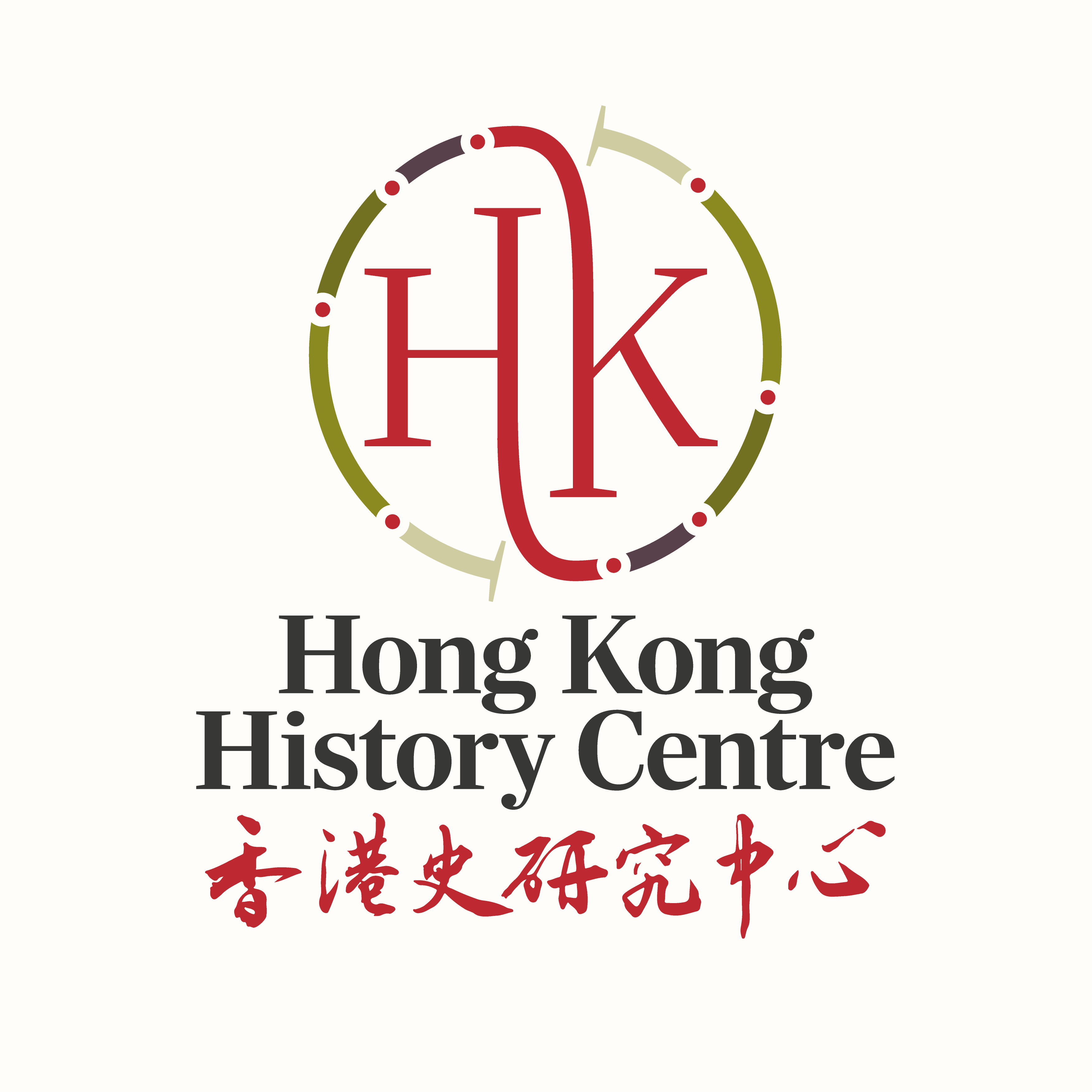One of the Centre’s mission is to nurture a new generation of Hong Kong historians.
A Early Career Scholar Network was created under the Hong Kong History Centre in June 2023. It intends to help create a community of Hong Kong historians and offer a platform for face-to-face interaction and academic exchange among young scholars. Research students and fresh doctoral graduates working on socioeconomic, political and cultural history of Hong Kong and its global relevance are welcomed. We usually meet thrice a year (February, June and October) with participants taking turn to present their works in each meeting. Financial support is provided for attending these sessions.
Please write to Prof. Ray Yep, Research Director of Hong Kong History Centre, at rekmy@bristol.ac.uk, if you are interested in joining this Network.
——
In this post, we would like to introduce Phyllis Chan, a member of the Network.
Phyllis Chan is a PhD student in Bristol. In the note written by her below, she shares with us her reflections on her academic journey and current project on nationality and identity. This Chinese version is translated by the Centre staff.
****
As cliché as it is, I have been interested in history as far as I can remember. The obsession started with mummification practices in Ancient Egypt (which was a bit too morbid for my grandparents) and continued through school, where it was always my favourite subject. I then went up to Cambridge to read history. I developed a real fascination of the construction of race, identity, and empire while earning my BA.
 In my third year I intended to write my dissertation on the rehabilitation of concentration camp victims in Central Europe, but my Director of Studies rather bluntly told me I did not have the requisite languages required. It was then I started to look closer to home, and ended up writing on ‘The ‘Eurasian’ in the British Far East, 1930-1950’, comparing the historic communities of Eurasians in Hong Kong and in Singapore. I had initially become interested in this subject when attempting to write a novel. When researching my thesis I began to move away from an interest in writing fiction to writing history because I realised that the maxim ’truth is stranger than fiction’ had a lot of resonance. Uncovering and presenting the stories of real people is a different kind of challenge to inventing plausible ones, but it’s something that eventually attracted me more.
In my third year I intended to write my dissertation on the rehabilitation of concentration camp victims in Central Europe, but my Director of Studies rather bluntly told me I did not have the requisite languages required. It was then I started to look closer to home, and ended up writing on ‘The ‘Eurasian’ in the British Far East, 1930-1950’, comparing the historic communities of Eurasians in Hong Kong and in Singapore. I had initially become interested in this subject when attempting to write a novel. When researching my thesis I began to move away from an interest in writing fiction to writing history because I realised that the maxim ’truth is stranger than fiction’ had a lot of resonance. Uncovering and presenting the stories of real people is a different kind of challenge to inventing plausible ones, but it’s something that eventually attracted me more.
In looking at the lived experiences of being of mixed-race Eurasian descent, I found many instances of discrepancies between state perceptions, and people’s own views of themselves (whether by the British or the Japanese). As an example of how perceptions can vary wildly, I once found in a war crimes investigation in which three different statements described one woman as ‘European’, ‘Chinese’, and ‘Eurasian’. This one example really condensed the reality of race as a volatile, constructed category, and so dependent on the similarly unstable perception of what people look like, or are meant to look like. I further explored this pattern in my MPhil thesis on the colonial census in Hong Kong and the Straits Settlements between 1880 and 1941.
The experience of empire and cosmopolitanism in Hong Kong had a very real impact on the way people saw and presented themselves. While previously I focused on the former (i.e. self-identity), I am looking more closely at the latter for my doctoral studies. This is due to an issue I had previously ran into in my research. Ordinary people in Hong Kong around the nineteenth and early twentieth centuries rarely left accessible writing on the nuances of how they felt about their identities. What they did leave, however, are their imprints on surviving British colonial documents.
In my project, ‘Ambiguous Nationality: British Subjects of Chinese Descent, 1879-c.1960’, I investigate the reasons for and ways in which individuals from Hong Kong of Chinese descent claimed British nationality. While in theory English common law gave all subjects born within British territories equal legal footing and rights of mobility across the empire, this was not true in reality. Many such subjects had to assert their rights to sceptical colonial officials, and controversial cases often involved consular officials across China as well as the Colonial and Foreign Office in London.
The materials I will use in my project are predominantly colonial official correspondence referring to cases of ambiguous nationality. In the early part of the period (1880s to 1920s) these were usually to do with ethnic Chinese attempting to claim extraterritoriality in the treaty ports. Later, cases were more varied, as more people sought to apply for passports to travel abroad. The postwar period especially saw a range as border controls were instituted between Hong Kong and the mainland. I aim to analyse these cases in a way that uncovers the agency of the individuals concerned, and the ways they articulated their claims. I will contrast this with the official logic and biases of the government to unpack the tensions at hand.
Today we live in the age of the nation-state, where most people live in a state in which the main criteria for membership is being part of a certain nation. This is so normalised that we forget that, as John Darwin has pointed out, this is a relatively short-term trend in human history. Before the Second World War many people lived in multiethnic empires, where their citizenship did not necessarily correspond to their nationality – even if they had a sense of what ’nation’ actually was. Today, nationality is rarely ambiguous, and many countries cooperate internationally to prevent what is known as ’statelessness’. This was not the case in the period I am looking at.
With a growing number of Hong Kongers moving to the UK under the BNO visa, there has been an increase in interest in the history of Hong Kong, its people, and British nationality. I hope that my research will encourage people to think of nationality and citizenship as less binary and one-dimensional as they may seem.
****
雖然有點陳詞濫調,但從我有記憶開始我就對歷史感興趣。這種情迷始於對古埃及木乃伊製作方法的探究(這對我的祖父母來說有點過於恐怖),並一直持續到上學,歷史總是我最喜歡的科目。後來我去了劍橋大學讀歷史。在獲得學士學位的過程,我對種族、身份和帝國建構的深深著迷。
在學士第三年,我原本打算寫關於中歐集中營受害者的康復,但我的研究指導相當直接地告訴我,我缺乏所需的語言能力。於是,我開始更仔細地研究自己的家鄉,最終寫了名為《英國遠東的「歐亞混血兒」,1930-1950》的論文,比較香港和新加坡歷史上的歐亞混血兒社區。我最初對這個主題感興趣是在嘗試寫小說的時候。在研究論文時,我開始從寫小說的興趣轉向寫歷史,因為「真實比虛構更奇幻」(Truth is stranger than fiction) 這句話對我來說太有共鳴。揭示和呈現真實人物的故事與創造合情理的故事,是截然不同的挑戰,但最終歷史更吸引我。
在研究混血歐亞裔生活經歷時,我發現許多時候國家視野與人們如何看待自己之間有不少差異(無論是英國還是日本政府的觀點)。舉一個國家視野大幅差異的例子,我曾在一份戰爭罪行的調查中找到三種不同的陳述,分別將一名女性描述為「歐洲人」、「中國人」和「歐亞混血兒」。這個例子真實地凝煉了種族作為一個不穩定、建構類別的現實,而且這取決於同樣不穩定,關於人們外貌如何,或外貌應該如何的觀念。我在我的碩士論文進一步探討這種模式,研究了1880年至1941年間香港和海峽殖民地的殖民地人口普查。
香港的帝國和國際經驗對人們看待和呈現自己的方式產生非常實在的影響。雖然之前我專注於前者(即自我認同),但在博士研究,我更仔細地研究後者。這源自於我在過往研究中遇到的問題。十九世紀末和二十世紀初的普羅香港人很少留下他們對自己身份微妙感受,而又可供查閱的文字記錄。他們留下的,是在流傳下來英國殖民地文件上的印記。
在我的研究計劃——《模糊的國籍:中國裔的英籍人士,1879年至大約1960年》,我調查了來自香港的中國裔聲請英國國籍的原因和方法。儘管理論上英國普通法賦予在英國領土內出生的所有人民平等的法律地位和在帝國範圍內的流動權,但實際上並非如此。許多這樣的人民必須向懷疑他們的殖民官員主張自己的權利,而具爭議性的案例通常涉及中國各地的領事官員和倫敦的殖民地及外交部。
我的計劃將主要使用殖民地官方往來通信,這些通信涉及模糊國籍的案例。在這段時間早期(1880年代至1920年代),這些案例通常涉及中國族裔試圖在條約港口聲請治外法權。後來,案例變得多樣,因為更多人嘗試申請護照出國旅行。戰後時期明顯更多這些案例,因為香港和中國大陸之間實行邊境管制。我打算分析這些案例,揭示個體的能動性以及他們表達主張的方式,將其與政府的官方邏輯和偏見對照,去理解兩者的緊張關係。
今天我們活在民族國家的時代,大多數人生活在一個必須成為某個民族才得以被視為成員的國家裏。這已經成為常態,以至我們忘記了,正如John Darwin指出,這在人類歷史裏是個相當短暫的趨勢。在第二次世界大戰前,許多人生活在多民族帝國中,他們的公民身份不一定對應到他們的民族身份——即使他們大概也對「民族國家」有一定理解。今天,國籍很少會模稜兩可,只且許多國家也在國際間合作,以防止所謂的「無國籍狀態」。但在我研究的時期卻並非如此。
隨著越來越多香港人透過BNO簽證移居英國,人們對香港歷史、香港人以及英國國籍的興趣也愈來愈大。我希望我的研究能鼓勵人們減少以看起來理所當然的二元和單向角度視考國籍與公民身份的問題。








